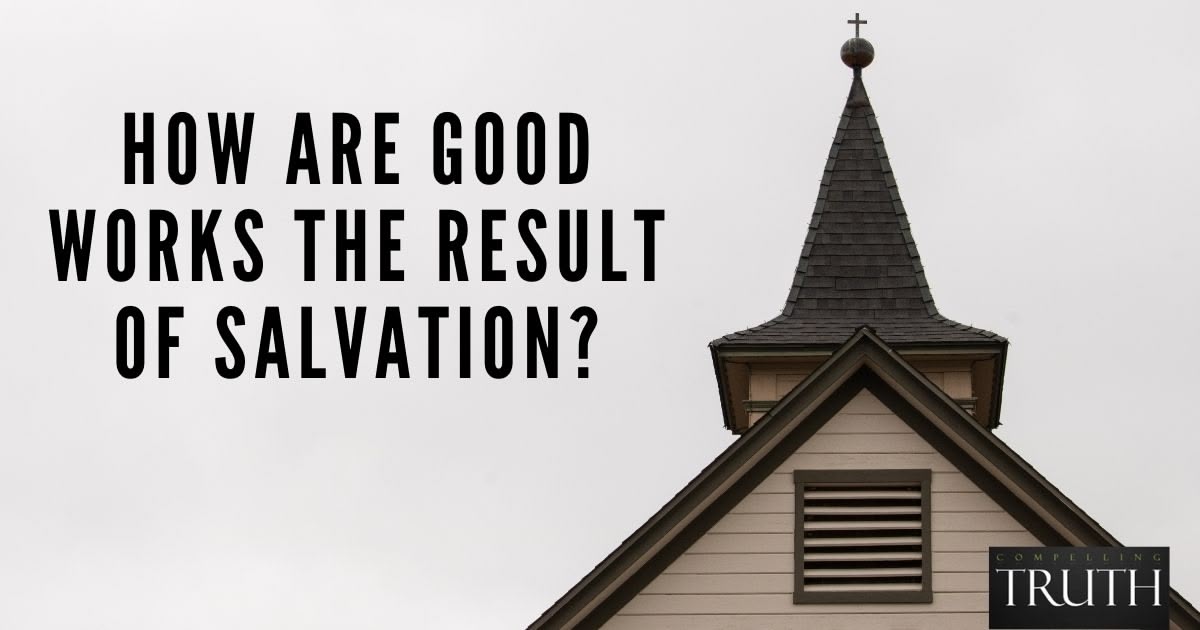what does the bible say?
Salvation, according to the Bible, is by grace through faith in Jesus Christ, not by works (Ephesians 2:8–9). Salvation is a gift, not something earned. Salvation is also all based on God’s work on our behalf, so when we trust in Him, our salvation is secure. Our security in Christ, however, is not a license to sin and live however we want. As a result of our salvation, believers are called to holy living and good works. Genuine faith leads to a transformed life and good works (Ephesians 2:10, 2 Corinthians 5:17). Ultimately, salvation is secure because of Christ's finished work, and the evidence of true faith is seen in the fruit of a changed life.




